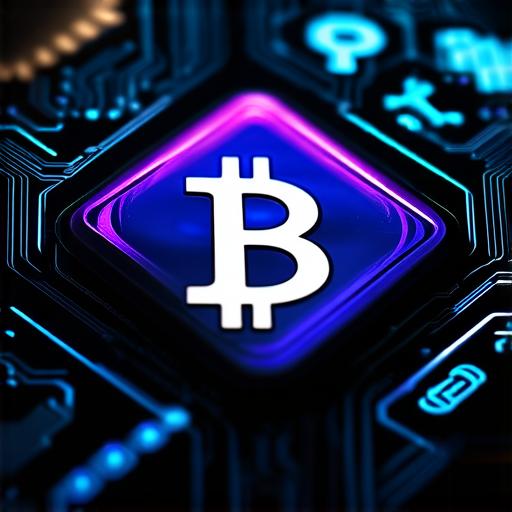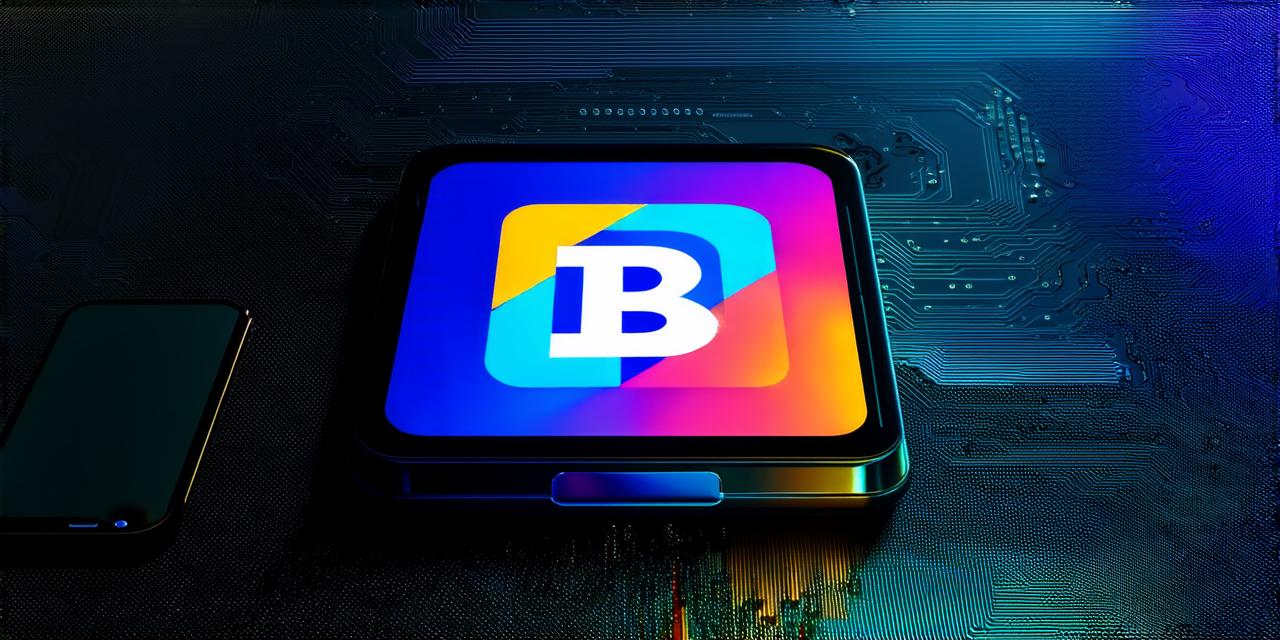Cryptocurrencies have emerged as a disruptive force in the financial industry, offering users decentralized, secure, and fast transactions.
As more businesses adopt cryptocurrencies as part of their operations, developers are increasingly looking to create innovative applications that leverage this technology. However, with so many cryptocurrency applications available on the market, it can be challenging for developers to navigate and choose the best one for their needs.
1. Ethereum: The Most Popular Cryptocurrency Platform
Ethereum is a decentralized platform that allows developers to create and deploy smart contracts, which are self-executing digital programs that automate complex processes. With its vast ecosystem of developers and users, Ethereum is considered the most popular cryptocurrency platform.
Some of the key features that make Ethereum an attractive choice for developers include:
- Decentralized architecture: Ethereum operates on a decentralized network, allowing for greater security and privacy.
- Smart contracts: Ethereum supports the creation of smart contracts, which can be used to automate complex business processes such as supply chain management, voting systems, and digital identity verification.
- Tokenization: Ethereum allows developers to create their own cryptocurrencies or tokens, which can be used for a wide range of purposes.
- Developer-friendly tools: Ethereum has a vast ecosystem of developer-friendly tools such as Truffle, Remix, and Gan, which make it easier for developers to build and test applications on the platform.
2. Bitcoin: The Original Cryptocurrency
Bitcoin is the first and most well-known cryptocurrency, having been created in 2009 by an unknown person or group of people using the pseudonym Satoshi Nakamoto. Bitcoin operates on a decentralized network and uses a consensus mechanism known as proof of work to validate transactions.
Some of the key features that make Bitcoin an attractive choice for developers include:
- Wide adoption: Bitcoin is widely accepted by businesses around the world, making it a valuable option for transactions.
- Decentralization: Bitcoin operates on a decentralized network, providing greater security and privacy.
- Scalability: Bitcoin is currently undergoing a scalability upgrade known as SegWit, which aims to increase the network’s transaction capacity.
3. EOS: A High-Performance Cryptocurrency Platform
EOS is a cryptocurrency platform that focuses on high performance and speed, with a goal of providing faster transactions than other platforms. EOS uses a delegated proof of stake consensus mechanism, which allows for more efficient transaction processing.
Some of the key features that make EOS an attractive choice for developers include:
- High performance: EOS claims to be able to process 2 million transactions per second, making it an ideal platform for applications that require high-speed processing.
- Delegated proof of stake: EOS’s delegated proof of stake consensus mechanism allows for faster transaction validation and confirmation times than other platforms.
- Developer-friendly tools: EOS has a range of developer-friendly tools such as Scatter, which makes it easier for developers to create and deploy applications on the platform.
4. Tron: A Platform for Building Decentralized Applications
Tron is a cryptocurrency platform that focuses on building decentralized applications (dApps) on the blockchain. Tron uses its own cryptocurrency, TRX, which can be used to pay transaction fees and participate in governance decisions.
Some of the key features that make Tron an attractive choice for developers include:
- Decentralized applications: Tron provides a platform for building dApps, which can be used for a wide range of purposes such as gaming, social media, and decentralized finance.
- Smart contracts: Tron supports the creation of smart contracts, which can be used to automate complex business processes.
- Developer-friendly tools: Tron has a range of developer-friendly tools such as Truffle and Remix, which make it easier for developers to build and test applications on the platform.
5. Stellar: A Cryptocurrency Platform for Financial Applications
Stellar is a cryptocurrency platform that focuses on providing financial services to businesses and individuals. Stellar uses its own cryptocurrency, XLM, which can be used for transactions and staking.
Some of the key features that make Stellar an attractive choice for developers include:
- Financial applications: Stellar provides a platform for building financial applications such as remittance services, payment systems, and supply chain management.
- Cross-border payments: Stellar’s cross-border payment system allows for fast and low-cost transactions across borders, making it an attractive option for businesses that operate globally.
- Developer-friendly tools: Stellar has a range of developer-friendly tools such as Stellar SDK, which makes it easier for developers to build applications on the platform.
6. Cardano: A Platform for Building Decentralized Applications
Cardano is a cryptocurrency platform that focuses on providing a secure and scalable infrastructure for building decentralized applications. Cardano uses its own cryptocurrency, ADA, which can be used for transactions and staking.
Some of the key features that make Cardano an attractive choice for developers include:
- Decentralized applications: Cardano provides a platform for building dApps, which can be used for a wide range of purposes such as gaming, social media, and decentralized finance.
- Smart contracts: Cardano supports the creation of smart contracts, which can be used to automate complex business processes.
- Security: Cardano’s Ouroboros consensus mechanism is designed to provide greater security and energy efficiency than other platforms.
7. Chainlink: A Decentralized Oracle Network
Chainlink is a decentralized oracle network that provides access to real-world data and insights for smart contracts. Chainlink allows developers to securely connect their smart contracts to external data sources such as APIs, price feeds, and weather data, providing greater flexibility and functionality.

Some of the key features that make Chainlink an attractive choice for developers include:
- Real-world data: Chainlink provides access to real-world data from a wide range of sources, allowing developers to create more sophisticated smart contracts.
- Secure connections: Chainlink’s decentralized architecture and secure consensus mechanisms provide greater security and privacy for transactions.
- Developer-friendly tools: Chainlink has a range of developer-friendly tools such as the Chainlink API, which makes it easier for developers to integrate Chainlink into their applications.
